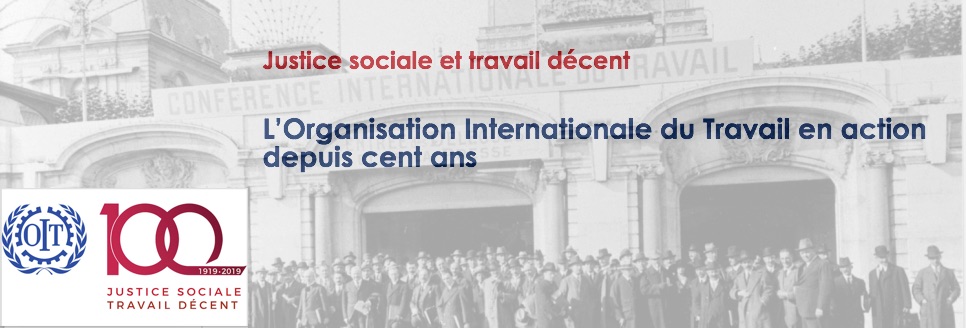L'OIT a eu une présence active dans son Bureau national au Caire qui a produit, pendant plusieurs décennies, des rapports mensuels ou trimestriels sur les politiques de développement social en Égypte. La période choisie couvre la fin du Royaume d'Égypte sous le roi Farouk : la présence britannique est plus faible et l'État égyptien semble se construire selon les normes modernisatrices de l'époque. La période se referme avant le coup d'État « socialiste » de Nasser en 1952. Nous analyserons les rapports selon trois principaux axes d'étude : (i) la législation déployée, très riche ; (ii) le rôle de l'OIT comme acteur-expert dont l'influence est perceptible de manière indirecte ; (iii) les informations sur les grèves, sur certaines enquêtes et sur les données syndicales, économiques et démographiques disponibles. Ce travail sera donc à la frontière de l'histoire institutionnelle et de l'histoire politique avec un exemple d'articulation entre histoire nationale et internationale. Enfin, les sources seront soumises à une présentation critique.
Méthodologie/terrain : analyse des archives de l'OIT (Genève), documentation du Bureau de l'OIT au Caire. J'ai déjà collecté une grande partie de ces archives.
ENGLISH VERSION
The ILO and the South: reports on the social development policies in Egypt, 1945-1952
As in other “developing” countries, the ILO has maintained a regular presence in Egypt through an official correspondent and/or official ILO National Office. Based in Cairo, the latter produced early monthly or quarterly reports on “social development” policies in Egypt. The period analyzed here starts in 1945, i.e. the last years of the Kingdom of Egypt, under King Farouk: the British presence was weaker and the Egyptian state was conceived according to modernizing standards of the time. Nasser's “socialist” coup in 1952 closes the historical sequence under analysis. We study the reports according to three main axes: (i) the deployed legislation, very rich; (ii) the role of the ILO as an expert actor whose influence is indirectly perceptible; (iii) information on strikes, on available surveys, and data on economics and population. Are they standardized with regards to international norms? This work combines institutional and political history with an example of the interaction between national and international history. Finally, the sources will be submitted to a critical review. This work is based on the analysis of ILO archives (ILO, Geneva), especially the documentation of the ILO Office in Cairo.

 PDF version
PDF version
